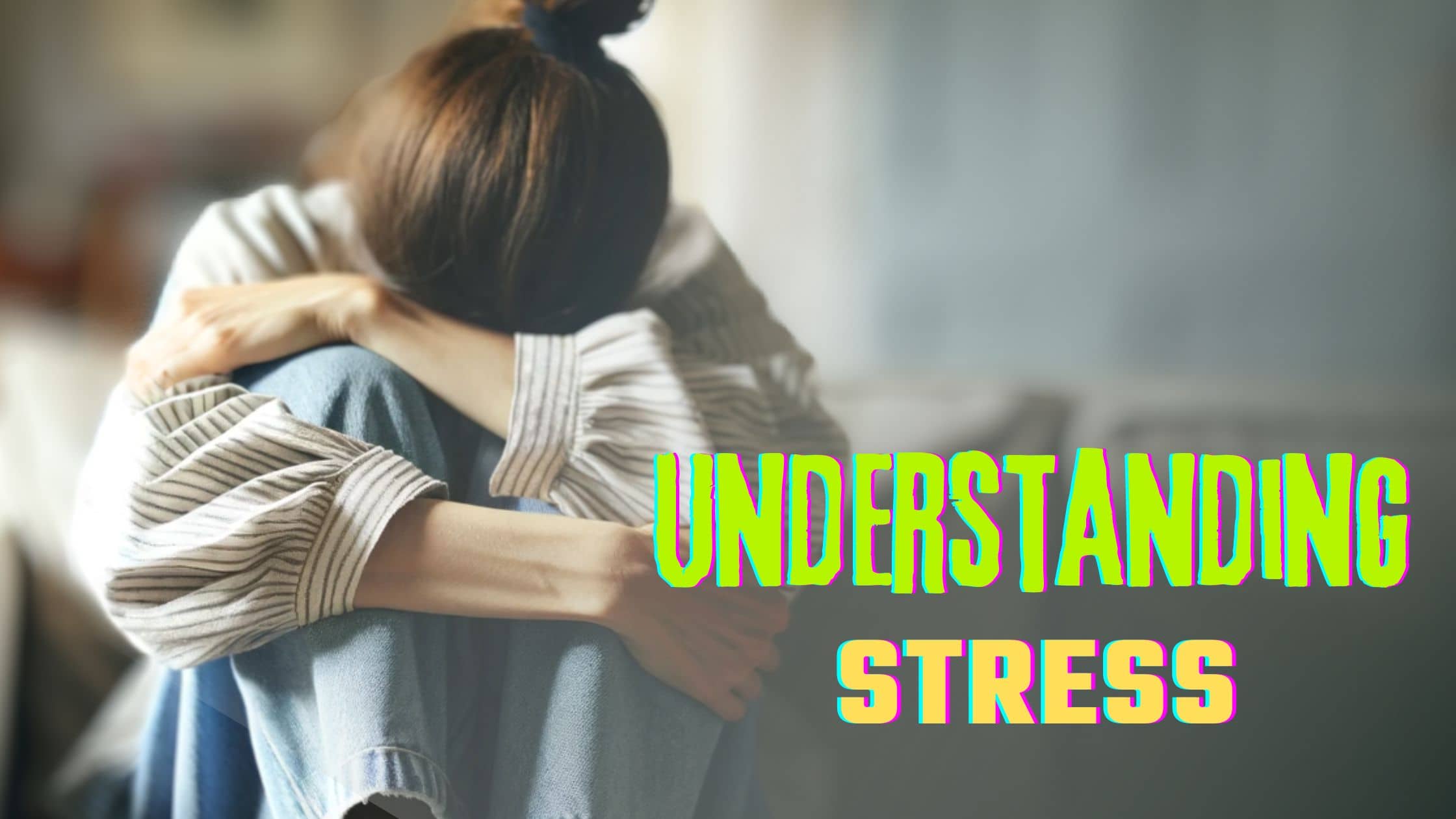Excessive Stress. Recognizing the Signs of Excessive Stress
The Modern Challenge: Living with Stress
In today’s fast-paced world, stress has become an almost inevitable part of life. The demanding work environment and societal pressures can significantly impact our well-being, reducing happiness and straining mental health. It’s essential to recognize that while financial success is valuable, it cannot replace joy and peace of mind. Understanding the signs of excessive stress is crucial in taking steps to maintain a balanced and healthy life.
Recognizing Your Limits: The Body’s Response to Stress
Our bodies have unique ways of signaling when the stress becomes too much to handle. Symptoms like migraines, back pains, and constant fatigue are not just discomforts; they are messages from your body asking for a break and care.
Excessive Stress
Freedom in Adulthood: Managing Work Stress
As adults, we cherish the freedom to make our own choices. However, overwhelming work responsibilities can often corner us into feeling trapped. It’s vital to take a step back occasionally, appreciate your achievements, and avoid overburdening yourself. Ignoring these signs can lead to significant distress and unhappiness.
The Subtle Warnings: Ignoring Signs of Stress
In the hustle of meeting work demands, we often miss the subtle signals of stress. Pushing ourselves beyond reasonable limits can lead to serious health issues. Recognizing and addressing these signs early is key to preventing long-term damage to our health and relationships.
Excessive Stress
Signs Indicating You Might Be Under Excessive Stress
1. Disrupted Sleep Patterns
- Adequate sleep is essential for a healthy body and mind. Stress can disrupt your sleeping patterns, leading to insomnia or restless nights. Healthy sleep rejuvenates the body, regulates heartbeats, and keeps you energized and disease-free. Notice if you struggle to find sleep or wake up feeling unrested – these could be signs of stress impacting your well-being.
2. Altered Eating Habits
- Balanced eating habits are indicative of good health. If you find yourself skipping nutritious meals for fast food due to time constraints or lack of interest, it might be a sign of stress. A healthy diet keeps your body strong and illness-free, while poor eating habits can be a response to overwhelming stress.
3. Persistent Irritation
- Constant irritation, anger, or feeling unjustly treated by the world could be manifestations of stress. If everything, including activities you once enjoyed, now leads to frustration, it’s time to assess your stress levels.
4. Substance Abuse
- Turning to substances like alcohol or cigarettes as an escape from stress is a warning sign. While occasional use might be recreational, dependence on these substances for relief indicates a need for help and stress management.
5. Increasing Lethargy
- A significant drop in energy levels, disinterest in getting up, or engaging in activities could be signs of stress taking a toll on your mental health. If you find yourself withdrawing from hobbies and social interactions, consider it a signal that stress is impacting your life quality.
6. Neglecting Self-Care
- If you notice a decline in your grooming habits, exercise routines, or general self-care, it could be due to excessive stress. This often affects your social life and personal relationships, indicating a need for a change.
7. Dealing with Stress: Seeking a Healthier Life
Recognizing these signs of stress is the first step towards a healthier, more balanced life. It’s crucial to acknowledge the need for change and take proactive steps towards stress management.
Whether it’s through lifestyle changes, seeking professional help, or simply allowing yourself time to relax and rejuvenate, addressing stress is essential for a fulfilling life.
Remember, acknowledging and dealing with stress is not a sign of weakness, but rather a step towards a stronger, healthier you.











